National Affairs
1. PM Modi's I-Day speech: India can be a $5 trillion economy in 5 years
In his sixth consecutive Independence Day speech, Prime Minister Narendra Modi addressed the nation from Red Fort.
PM Modi spoke about issues like Article 370, Article 35A, criminalising triple talaq, welfare schemes for the farmers and announced the launch of a new ‘Jal Jeevan Mission’ to provide potable water.
On the economic front, PM Modi expressed confidence that India will become a $5 trillion economy in the next five years.
He also stood up in support of industrialists, saying that wealth creators should not be eyed with suspicion and that they are country's wealth and should be respected.
Appointment of a Chief of Defence Staff
In a major decision for higher level military reforms and tri-service integration, Prime Minister Narendra Modi on I-day announced the appointment of a Chief of Defence Staff (CDS) who will be above the three Service Chiefs.
The CDS will be a single-point military adviser to the government and synergise long term planning, procurements, training and logistics of the three Services.
The creation of a CDS to act as a single point military adviser to the Prime Minister on strategic issues was one of the key recommendations of the Kargil review committee on higher military reforms after the 1999 conflict.
The CDS is also one of the 99 recommendations made by the Lt. General D.B. Shekatkar (retd.) Committee which submitted its report in December 2016
In the absence of a CDS, presently the senior most of the three Chiefs functions as the Chairman of Chiefs of Staff Committee (COSC). Currently Air Chief Marshal B.S. Dhanoa is the chairman of COSC.
2. Inter-State Council reconstituted with Prime Minister as chairman
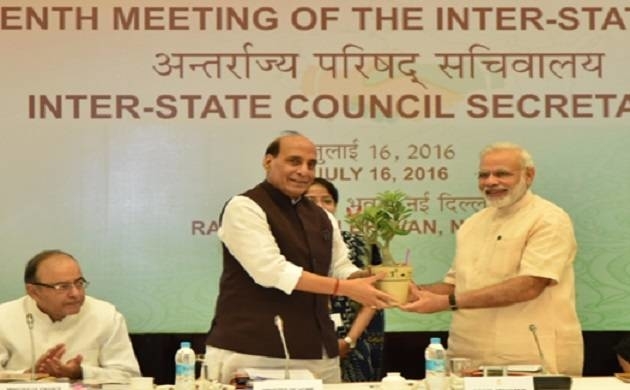
The Inter-State Council, which is mandated to investigate and advise on disputes between states, has been reconstituted with Prime Minister Narendra Modi as its chairman and six Union ministers and all chief ministers as members.
Union ministers who will be members of the reconstituted council are Amit Shah (Home), Nirmala Sitharaman (Finance), Rajnath Singh (Defence), Narendra Singh Tomar (Minister of Agriculture and Farmers Welfare, Rural Development and Panchayati Raj).
The Article 263 of the Constitution provides for the establishment of an Inter-State Council.
Inter-State Council is to inquire into and advise upon disputes which may arise between states, investigate and discuss subjects in which some or all of the states, or the Union and one or more of the states, have a common interest.
It is also tasked with giving recommendations on any such dispute and recommendations for the better coordination of policy and action.
3. Periodic Labour Force Survey (PLFS) 2017-18 says 33% of India’s skilled youth jobless
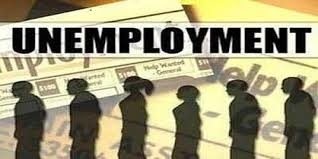
The ‘Skill India’ initiative launched by Pradhan Mantri Narendra Modi seem to be mere a buzzword as recent survey ‘Periodic Labour Force Survey (PLFS) 2017-18’, conducted by the National Sample Survey Office (NSSO), found that 33% of India’s skilled youth are jobless. Nearly a third of trained young men and more than a third of trained young women were unemployed.
Some of the key findings of the survey are as follows:
Nationally, only 1.8% of the population reported receiving formal vocational/technical training in 2017-18.
6% reported receiving informal vocational training (such as hereditary, self-learning, and on the job training).
This means 93% of the population did not receive any vocational/technical training from either formal or informal sources.
About 42% of the youth (15-29 years) who received formal technical training were not part of the labour force.
Among youth who did not receive such training, 62.3% were out of the labour force.
Across age groups, substantial shares of the women who received such training were out of the labour force.
Around 33% of the formally trained youth was unemployed in 2017-18. Nearly a third of trained young men and more than a third of trained young women were unemployed.
The unemployment rate among freshly trained youth, who completed training during the previous year, was even higher at 40%.
The PLFS collected data on fields of training, which are categorised under 22 heads. The bulk of the trainees were in the fields of electronics, IT/ ITeS sector, apparels, and mechanical engineering.
More than 80% of the trainees in the fields of agriculture & food processing, telecom, media & mass communication were men.
The fields of beauty & wellness, apparel, handicrafts, hospitality and healthcare were dominated by women.
Source: The Hindu Livemint
4. IIT-Madras researchers develop industrial and field robot ‘GraspMan’
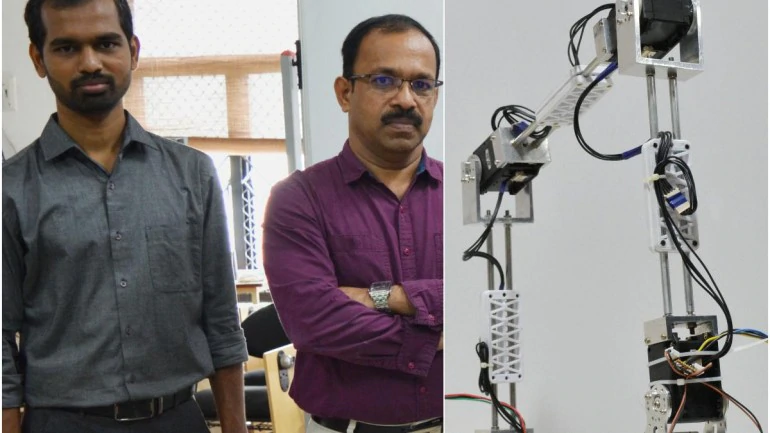
IIT Madras researchers have develop a multi-modal robot with Industrial and field applications called ‘GraspMan’.
This robot has various industrial applications and can be used in search-and-rescue operations.
GraspMan consists a pair of graspers, which provide morphological adaptation, enabling it to conform to the geometry of the object being grasped.
This allows the grasper to hold objects securely and manipulate it much like the human hand.
Source: The Hindu Business line
Economy
5. SEBI to relax norms to allow smart cities issue funds through 'Muni Bonds'
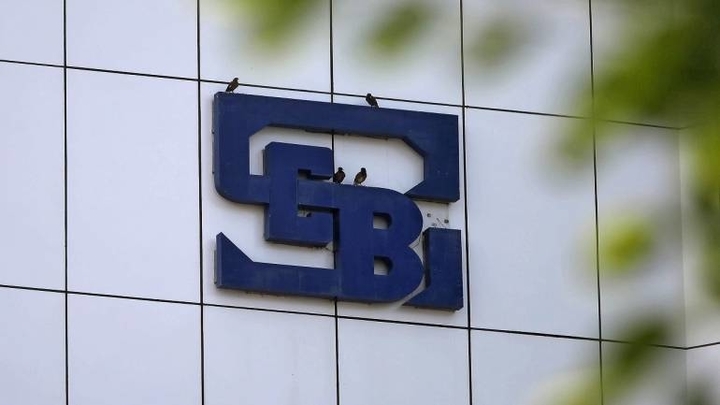
Capital market regulator SEBI is planning to ease its norms for 'Muni Bonds' to help smart cities and other registered entities working in areas of city planning and urban development work, like municipalities, raise funds through issuance and listing of their debt securities.
The Securities and Exchange Board of India (Sebi) had issued its Issue and Listing of Debt Securities by Municipalites (ILDM) Regulations nearly five years ago.
Since then seven municipalities have raised nearly ₹1,400 crore by issuing their debt securities, which are commonly known as 'Muni Bonds'.
The regulator is now proposing to allow this route for a larger number of entities including special purpose vehicles set up under the central government's ambitious 'Smart Cities Mission'.
Source: Livemint
6. WTO likely to set up panel to decide on India’s sugar sops
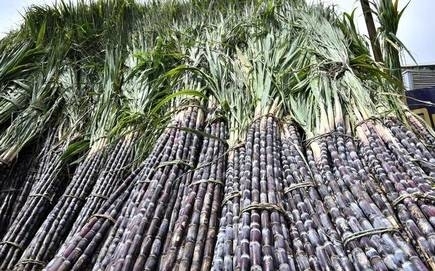
Brazil, Australia and Guatemala have requested the World Trade Organisation (WTO) to set up dispute panels to rule on India’s sugar subsidies the second time round after India rejected the request at the last meeting of the Dispute Settlement Body (DSB) last month.
The request for dispute settlement panels put in by the three countries will be taken up at the DSB meeting. Since the second request made to the DSB cannot be rejected, panels are now likely to be formed at the WTO which will decide whether India’s sugar subsidies are valid or not.
According to Australia, the amount of support to sugarcane producers in India exceeds the country’s product-specific de minimis level of 10 per cent for the product
India has consistently argued that its subsidies to sugar producers were in the form of production subsidies that were permissible under the WTO.
Once the DSB considers the second time requests and sets up three separate panels, all sides will put forward their arguments.
Source: The Hindu Busienessline
7. New mobile app launched to assist farmers
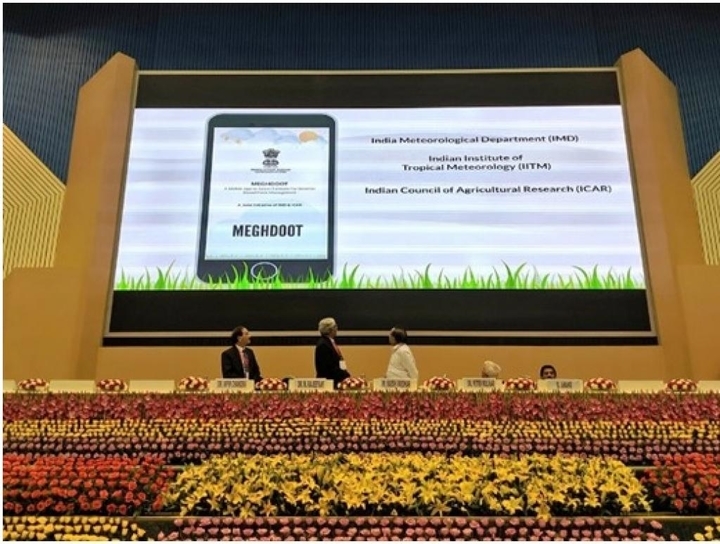
The Ministries of Earth Sciences and Agriculture have launched a mobile application that will provide location, and crop and livestock-specific weather-based agro advisories to farmers in local languages.
Initially the service would be available for 150 districts in different parts of the country.
The Ministries will provide forecast to farmers relating to temperature, rainfall, humidity, and wind speed and direction.
The app has been named Meghdoot and can be downloaded from Google Play Store and App Store.
It has been developed by experts from the India Meteorological Department and Indian Institute of Tropical meteorology and the Indian Council of Agricultural Research.
Source: The Hindu Business line
8. ICMR launches India Hypertension Control Initiative
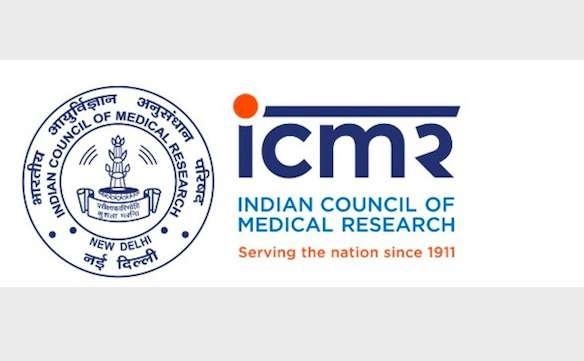
Indian Council of Medical Research (ICMR), in collaboration with World Health Organization and Ministry of Health and Family Welfare, has decided to expand its India Hypertension Control Initiative (IHCI) across the country.
This initiative was launched in November 2017, in which more than three lakh patients with high blood pressure enrolled in government health facilities in 25 selected districts in Punjab, Madhya Pradesh, Kerala, Telangana, and Maharashtra.
It will now be expanded to cover 100 districts across all states. The expansion is expected to accelerate the implementation of quality hypertension treatment for over 15 crore population over the next four years.
Source: The Hindu Business line
Sports
9. Birmingham Commonwealth Games: Organisers firm on shooting exclusion
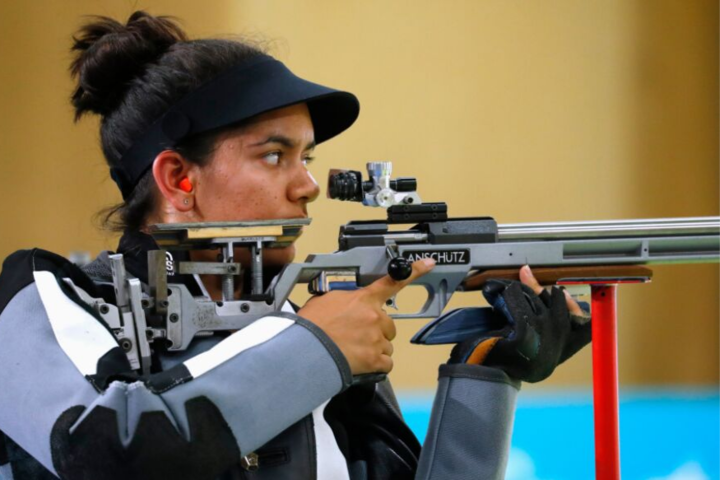
Commonwealth Games Federation has decided to exclude shooting from 2022 Commonwealth Game to be held in Birmingham.
It is being decided despite a threat by India to boycott the entire event in protest.
Regarding this Commonwealth Games chief Louise Martin has said that shooting will not be part of the 2022 edition in Birmingham.
Shooting has been a high-yielding discipline for India, with shooters accounting for 16 of the country’s 66 medals, including seven golds, at last year’s Gold Coast Games.
Indian Olympic Association (IOA) president Narinder Batra suggested that India boycott the Birmingham Games in protest at the decision.
Source: The Hindu Business line
10. Naomi Osaka returns to top spot in WTA rankings
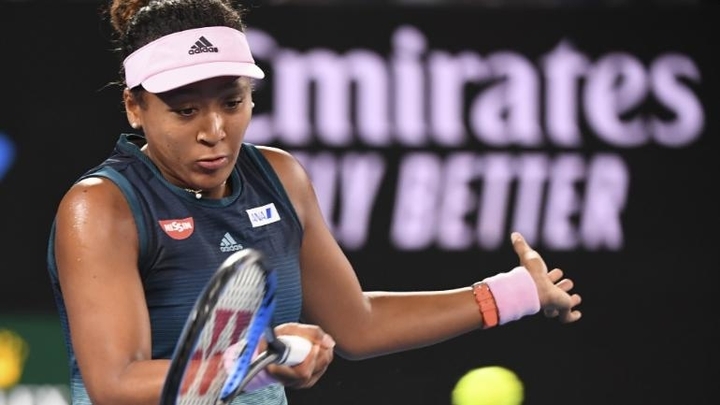
US and Australian Open champion Naomi Osaka returned to the world number one spot in the WTA rankings
The 21-year-old lost to Serena Williams in the quarter-finals of last week’s Rogers Cup but benefitted from the second round defeat of former number one Ashleigh Barty and the failure of Karolina Pliskova to reach the semis in Toronto.
WTA rankings as of August 12
Naomi Osaka (JPN) 6,417 pts (+1)
Ashleigh Barty (AUS) 6,256 (-1)
Karolina Pliskova (CZE) 6,185
Simona Halep (ROU) 5,223
Kiki Bertens (NED) 5,120
Source: The Hindu Business line
International Affairs
11. ADB signs USD 500 million loan agreement with Pakistan
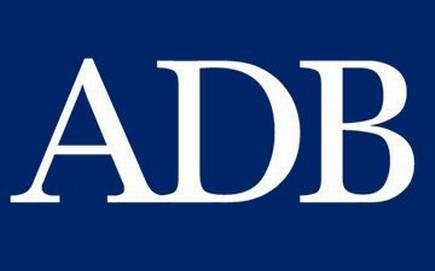
The Asian Development Bank (ADB) has signed a USD 500-million loan agreement with cash-strapped Pakistan to support the country’s trade competitiveness and exports.
The Manila-based ADB also approved a USD 750,000 technical assistance package to support the preparation and implementation of the programme in the country.
The agreement was signed by Economic Affairs Division Secretary Noor Ahmed and the ADB’s Country Director Xiaohong Yang in the presence of Minister for Economic Affairs Muhammad Hammad Azhar
Source: The Hindu Business line
Awards
12. I-Day awards: Kirti Chakra for soldier Prakash Jadhav
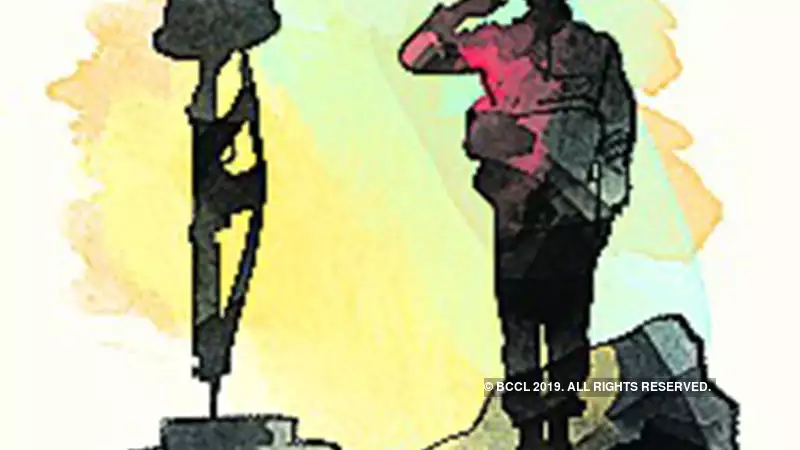
The Kirti Chakra will be conferred on soldier Prakash Jadhav posthumously, who died in a gunfight with terrorists in Jammu and Kashmir in 2018. It is third highest military honour awarded during peacetime.
Jadhav, a sapper with the Indian Army who succumbed to bullet injuries sustained in Kulgam district.
Two militants were also killed in the gunfight. Jadhav, who was 29, belonged to Karnataka.
Pilots of the five Mirage-2000 fighter jets who bombed a terror launch pad in Balakot in Pakistan in response to the Pulwama terrorist attack will be honoured with Vayu Sena medals.
Source: Economic Times
13. ISRO Chairman Sivan gets A.P.J. Abdul Kalam Award
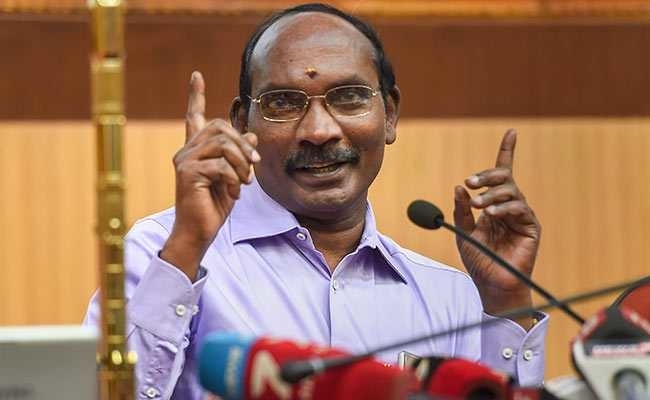
Chairman of Indian Space Research Organisation (ISRO) K. Sivan, awarded Tamil Nadu government’s Dr. A.P.J. Abdul Kalam Award.
under his leadership, the ISRO launched its Chandrayaan-2 mission.
A native of Kanniyakumari district, Mr. Sivan is known popularly known as the ‘Rocket Man’.
Chief Minister Edappadi K. Palaniswami handed over the State government’s Kalpana Chawla Award for Courage and Daring Enterprise to P. Ramyalakshmi, Assistant Director of Fisheries (Marine) posted in Cuddalore.
No comments:
Post a Comment